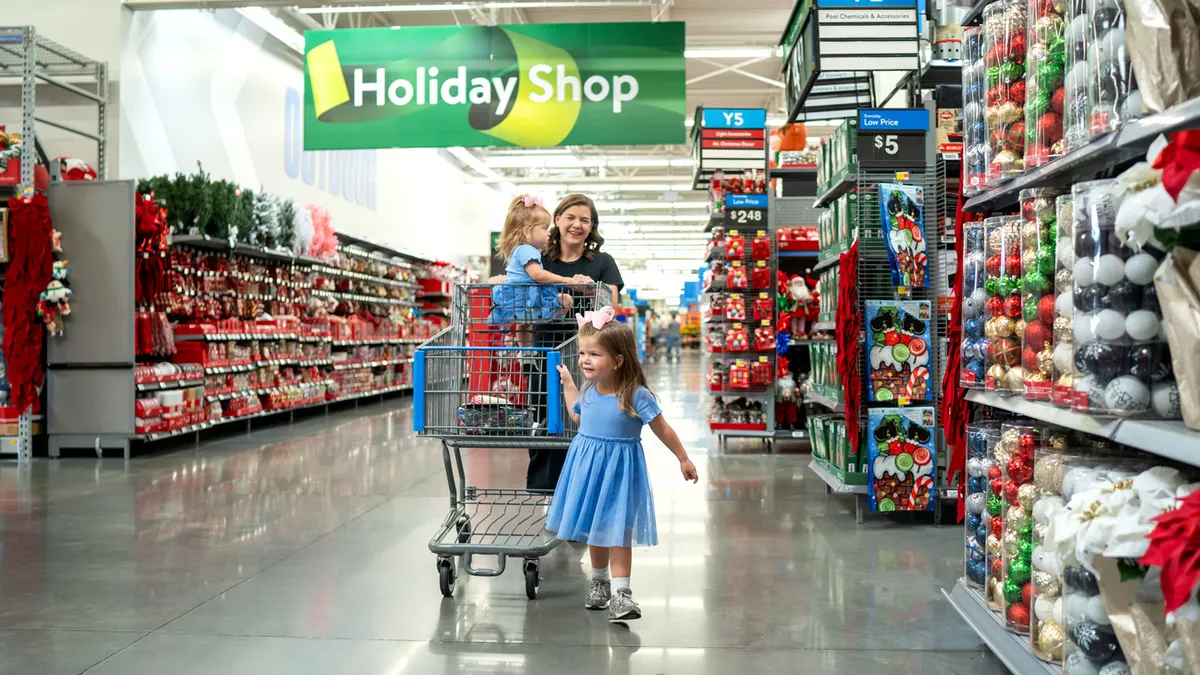With food assistance funds set to become unavailable next month due to the government shutdown, financial pressures already faced by many consumers will only worsen. More than 30 states this week warned Supplemental Nutrition Assistance Program recipients that they may not have access to November benefits if the shutdown drags on.
The pressure faced by U.S. consumers is compounded by rising prices in several categories, as inflation edged up 3% in September, the fastest pace since January, according to the Consumer Price Index released Friday.
Retailers will feel the pinch as well. Grocers are directly affected by the SNAP interruption, but discretionary spending will inevitably take a hit as people empty their pockets to feed their families, according to Wells Fargo analysts led by Edward Kelly.
“This doesn't bode well for [quarter-to-date] commentary from those retailers set to report in early November,” Kelly said in a Friday client note.
Other changes to SNAP, including the disqualification of some food items, have already affected retailers, including Walmart and dollar stores, to varying degrees, according to Coresight Research. Walmart alone captures more than a quarter of SNAP grocery dollars.
A breakdown in SNAP assistance next month could also delay the early holiday marketing and shopping that many have expected, according to Wells Fargo, though if benefits come through, lower-income consumers may be able to follow through on their plans later in the season.
The interruption of critical nutrition assistance comes amid signs of diminishing consumer sentiment, according to a report earlier this week from BNP Paribas senior equity analyst Chris Bottiglieri. Many retailers have described a natural spending lull between back-to-school season and Halloween, but that doesn’t fully explain the year-on-year declines found by BNP Paribas.
“We suspect some of this pressure may be a confluence of student loan resumption, the onset of tariff-related impacts in more discretionary categories, and (more relevant for October) cuts to SNAP benefits,” Bottiglieri said.
Members of Congress, a coalition of U.S. mayors and anti-hunger advocates are urging the Trump administration to tap into a contingency fund that would allow at least partial SNAP benefits to continue.
















